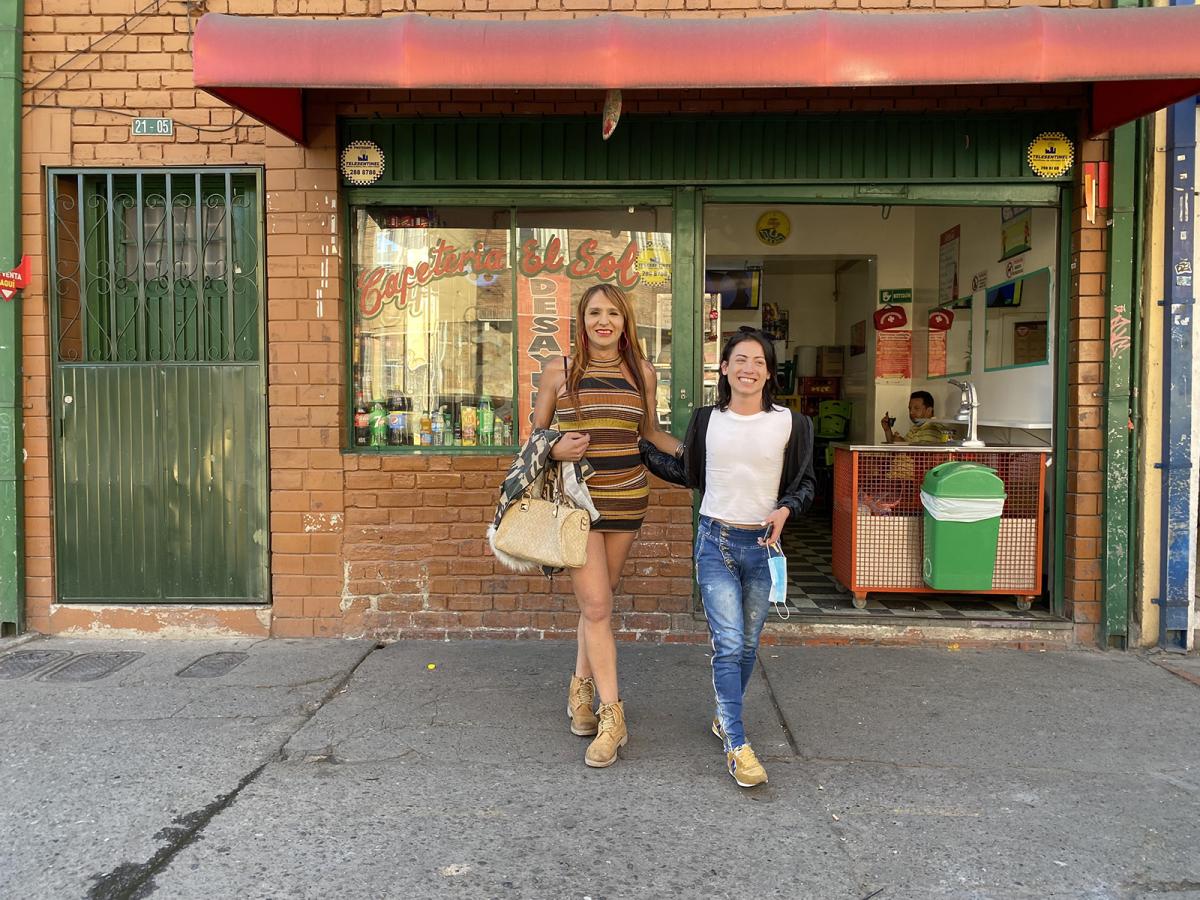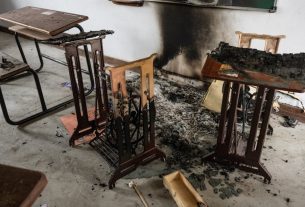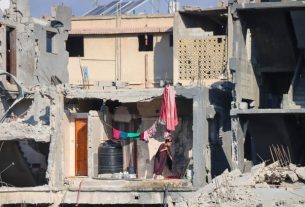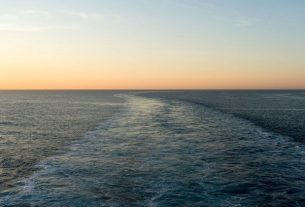“I was born with a male anatomy, but I have always felt like a woman.” Alejandra is a 40-year-old transgender woman from Venezuela. She grew up in a family where her feelings of being trapped in a body that did not reflect her identity were not understood. This atmosphere of isolation and the stigmatisation of transgender people prevented her from living a happy life.
She dropped out of primary school: it was impossible for her to adapt to the all-male school where she was sent, where everyone expected her to dress and behave like a boy. At 13 years old, tired of fighting over her gender identity, she left her home. “I learnt the street life and I saw the worst,” she recalls. Suffering physical and verbal abuse and with no means to sustain herself, she started selling her body and taking hard drugs to cope with the hardships of her life.
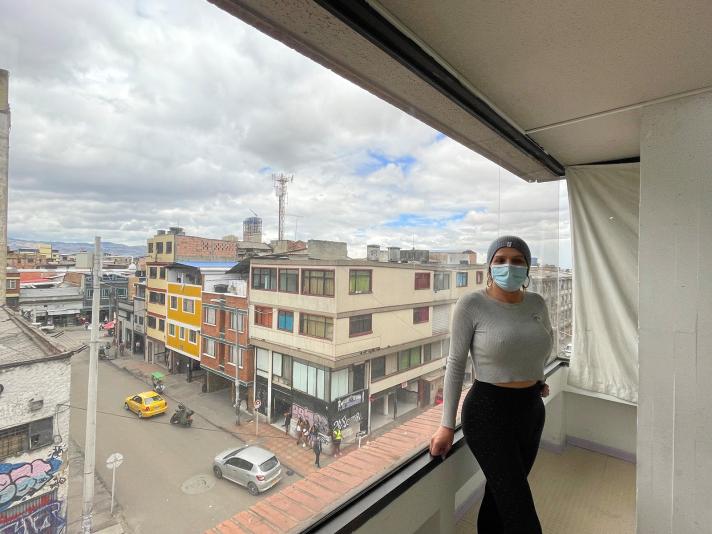
When she had saved enough money, Alejandra returned home and opened a beauty salon. She managed to help her mother understand her and finally accept her as a woman. Then, Venezuela plummeted into a deep economic and social crisis.
The military police arrested her for alleged drug possession and put her in an all-male jail, where she was forced to dress like a man and suffered all kind of abuse, both from fellow inmates and prison guards. She was forced to shower naked so that everyone could see her breast implants and male genitalia and insult her. “These were the worst days of my life,” recalls Alejandra.
After she was declared innocent and released, she tried to get her life back together and reopen the beauty salon, but it was now impossible. The feeling that the military police was constantly watching her caused Alejandra to start suffering from panic attacks and anxiety. In 2020, together with her partner, Alejandra moved to Colombia. The strict COVID-19 lockdown measures made finding a job impossible. They ran out of money and got evicted from their apartment. After 20 years of being off the street, Alejandra once again had to resort to prostitution to survive.
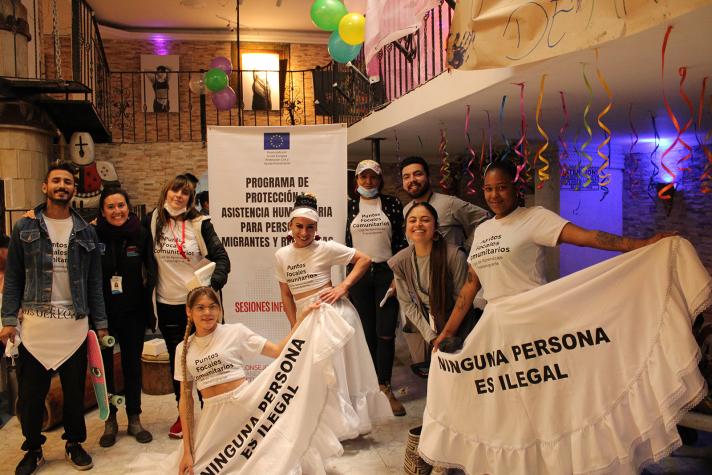
Being a migrant, working on the streets of a foreign country, is incredibly hard and leaves you vulnerable to many dangers. Transgender migrants – and all members of the LGBTQI+ community – all too often face additional threats and are among those most at risk. Helping them get information about their rights as migrants can save lives.
The European Union funds the Danish Refugee Council, which identifies the most vulnerable migrants, like Alejandra, and provides them with protection, psychosocial support, and legal assistance to ensure they know their rights and the services they can get access to.
“Thanks to this support, I learnt I have rights. I did not know; I used to think that as a person, I was illegal”, says Alejandra. “Now I am a leader who brings this message to more migrants who don’t know about it.”
Story by Ana Maria Rangel, DRC communication coordinator in Colombia and Daniele Pagani, Regional Information Officer for Latin America and The Caribbean, EU Civil Protection and Humanitarian Aid.
Publication date: 18/12/2022
